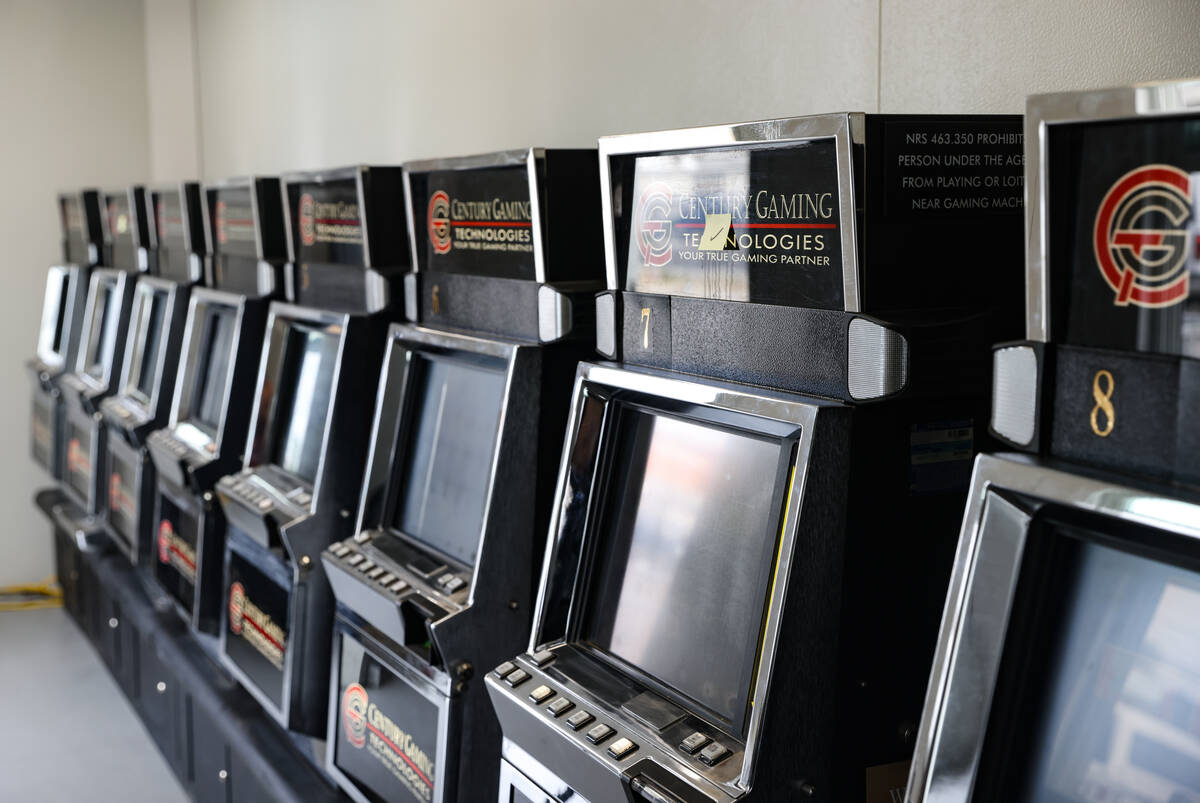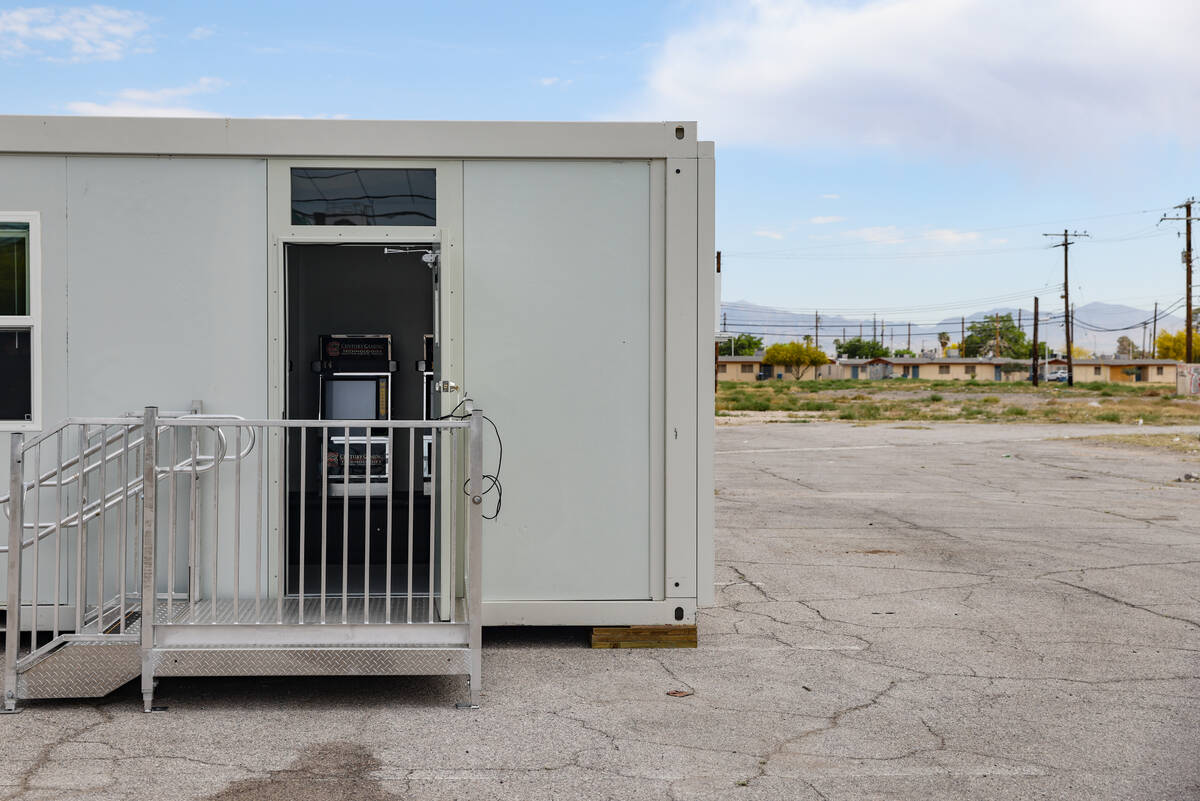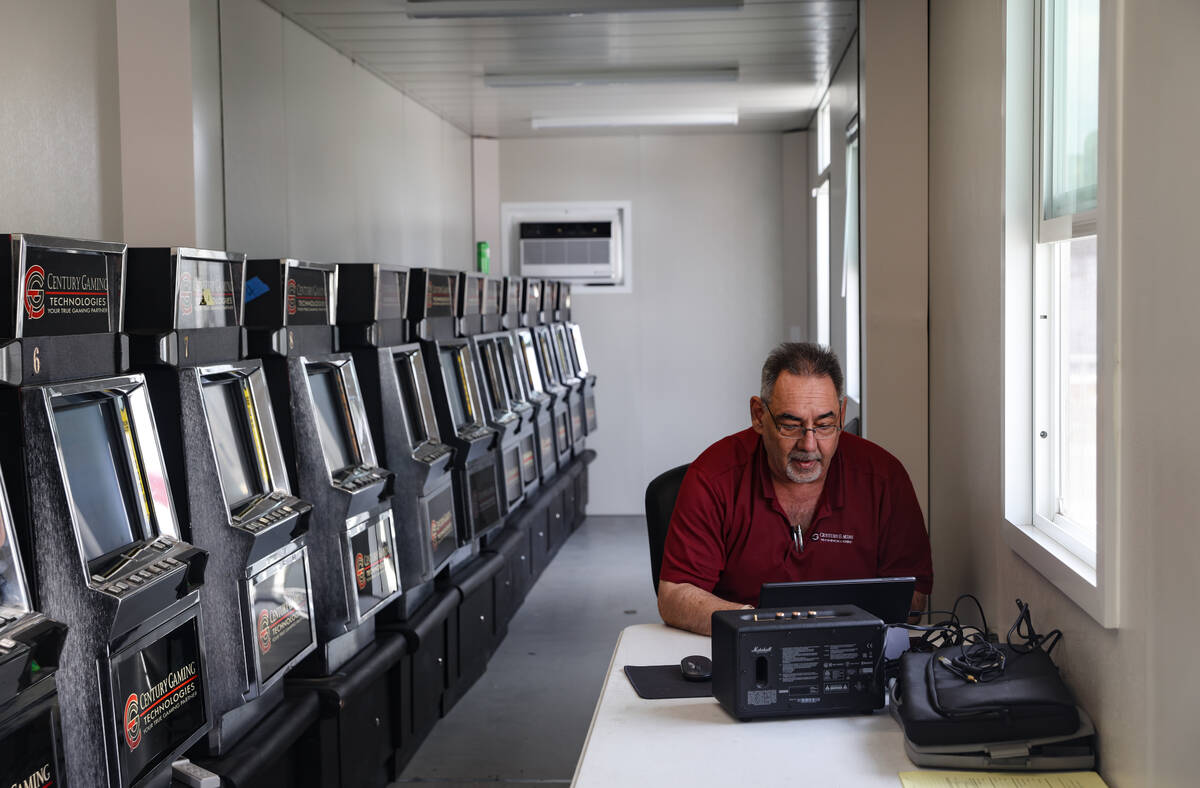What’s behind temporary casinos in Nevada?
In Nevada, there are hundreds of permanent casinos – so why do some venues also host pop-up gaming?
Temporary casinos have been set up at the site of the former Moulin Rouge – Las Vegas’ first desegregated casino that operated for five months in 1955 – most recently in May. Gold Spike and Oasis Hotel, a nightlife venue and former casino in downtown Las Vegas, is expected to host temporary slots at the end of September.
A 1992 Nevada law requires that new non-restricted licensees in counties with more than 100,000 residents – like Clark County – should be resort-hotels. That’s defined as having at least 200 rooms, a permanent bar that can hold at least 30 customers and a 24/7 restaurant that can seat at least 60. But non-restricted licensees who obtained their permissions before the law was enacted have a grandfathered status.
That grandfather status will expire if gaming is absent for more than 24 consecutive months, according to the Nevada Gaming Control Board. A brief period of gaming on site is what keeps the property’s license active.
The status is valuable for many real estate deals, since new resorts are multi-million dollar projects. The grandfathered status allows a property owner to eventually bring in gaming or sell the site as a future casino, because the grandfathered status is tied to the land and can be transferred to new owners.
Similar operations have occurred at the Las Vegas Club in downtown Las Vegas in advance of the opening of Circa and at the Beach Club at Paradise Road and Convention Center Drive.
Contact McKenna Ross at mross@reviewjournal.com. Follow @mckenna_ross_ on X.
























